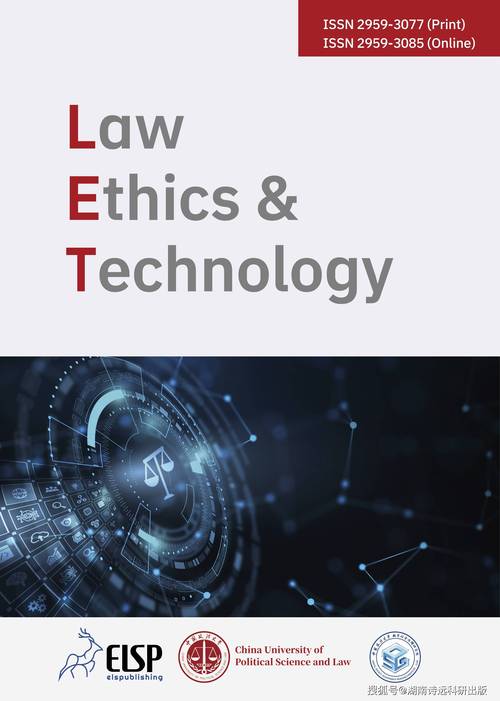
Understanding Defi Composability: A Deep Dive into Ethereum Research
Decentralized Finance (DeFi) has revolutionized the financial industry by leveraging blockchain technology to offer transparent, accessible, and efficient financial services. One of the key aspects of DeFi is composability, which refers to the ability of different DeFi protocols to interact and work together seamlessly. In this article, we will explore the concept of DeFi composability, its significance in Ethereum research, and the various dimensions that contribute to its success.
What is DeFi Composability?
DeFi composability is the ability of different DeFi protocols to interact with each other, allowing users to combine various services and functionalities into a cohesive and efficient financial ecosystem. This interaction is made possible through smart contracts, which are self-executing contracts with the terms of the agreement directly written into code.

Composability in DeFi is crucial because it enables the creation of innovative financial products and services that were not possible before. By integrating different protocols, users can access a wide range of functionalities, such as lending, borrowing, trading, and insurance, all within a single platform.
The Significance of DeFi Composability in Ethereum Research
Ethereum, as the leading blockchain platform for DeFi, has been at the forefront of research and development in the field of composability. Here are some key reasons why DeFi composability is significant in Ethereum research:
| Aspect | Importance in Ethereum Research |
|---|---|
| Interoperability | Enables seamless interaction between different Ethereum-based protocols, fostering innovation and growth. |
| Scalability | Facilitates the development of scalable DeFi applications that can handle high transaction volumes. |
| Security | Ensures that the interactions between protocols are secure and reliable, reducing the risk of fraud and hacking. |
| Accessibility | Expands the reach of DeFi services to a broader audience, including those in underbanked regions. |
By focusing on DeFi composability, Ethereum researchers aim to create a more robust, efficient, and user-friendly financial ecosystem.
Dimensions of DeFi Composability
DeFi composability encompasses several dimensions that contribute to its success. Let’s explore these dimensions in detail:

1. Smart Contract Standards
Smart contract standards play a crucial role in DeFi composability. They define the rules and protocols that govern how smart contracts interact with each other. Some of the key standards include:
-
Ethereum Virtual Machine (EVM): The underlying technology that enables smart contracts to run on the Ethereum network.
-
ERC-20 and ERC-721: Token standards that define how tokens are created, transferred, and managed on the Ethereum blockchain.
-
ERC-1155: A token standard that allows for the creation of fungible and non-fungible tokens on a single smart contract.
2. Cross-Chain Communication
Cross-chain communication is essential for DeFi composability, as it enables protocols on different blockchains to interact with each other. This is achieved through various cross-chain communication protocols, such as:
-
Polkadot: A multi-chain interoperability protocol that allows for the transfer of value and data between different blockchains.
-
Layer 2 Solutions: Scaling solutions like Optimism and Arbitrum that enable faster and cheaper transactions on the Ethereum network.
3. Governance and Community Involvement
Effective governance and community involvement are crucial for the success of DeFi composability. This involves:
-
Decentralized Autonomous Organizations (DAOs): Organizations that operate without a central authority, allowing for community-driven decision-making.
-
Tokenomics: The study of how token incentives and rewards can be designed to encourage participation and growth in a DeFi ecosystem.
4. Security and Risk Management
Security and risk management



